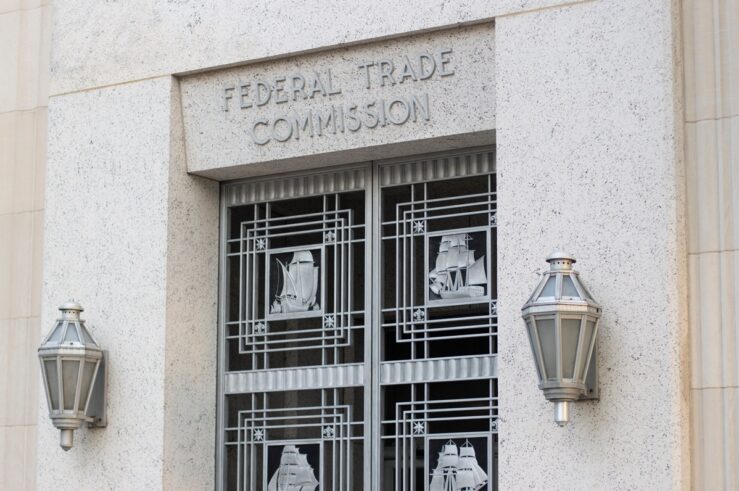In my article published today in The Daily Signal, I delve into the difficulties of curbing Internet-related copyright infringement. The key points are summarized below.
U.S. industries that rely on copyright protection (such as motion pictures, music, television, visual arts, and software) are threatened by the unauthorized Internet downloading of copyrighted writings, designs, artwork, music and films. U.S. policymakers must decide how best to protect the creators of copyrighted works without harming growth and innovation in Internet services or vital protections for free speech.
The Internet allows consumers to alter and immediately transmit perfect digital copies of copyrighted works around the world and has generated services designed to provide these tools. Those tools include, for example, peer-to-peer file-sharing services and mobile apps designed to foster infringement. Many websites that provide pirated content—including, for example, online video-streaming sites—are located outside the United States. Such piracy costs the U.S. economy billions of dollars in losses per year—including reduced income for creators and other participants in copyright-intensive industries.
Curtailing online infringement will require a combination of litigation, technology, enhanced private-sector initiatives, public education, and continuing development of readily accessible and legally available content offerings. As the Internet continues to develop, the best approach to protecting copyright in the online environment is to rely on existing legal tools, enhanced cooperation among Internet stakeholders and business innovations that lessen incentives to infringe.




